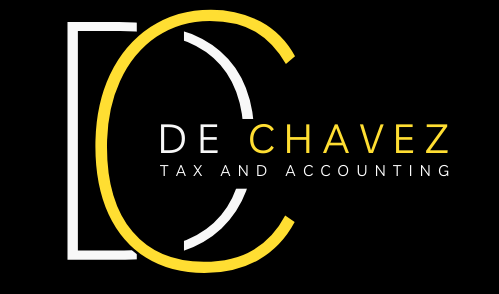Religious groups frequently receive special tax advantages, but they also encounter distinct difficulties that necessitate thoughtful handling. Effectively comprehending these advantages and managing the associated challenges can assist religious organizations in staying compliant and optimizing their financial resources. The following is a thorough manual for addressing tax benefits and challenges for religious organizations:
1.Tax-Exempt Status
Religious institutions are usually eligible for tax-exempt status according to Section 501(c)(3) of the Internal Revenue Code. This status allows them to avoid paying federal income tax on income derived from their religious, charitable, and educational activities. Religious organizations need to apply to the IRS and follow specific guidelines to obtain this status.
- Property Tax Exemptions
Numerous states and local authorities provide property tax exemptions to religious organizations. The property must be exclusively used for religious purposes to qualify. It’s important to understand and adhere to local regulations and submit the necessary applications to benefit from these exemptions.
- Sales Tax Exemptions
Sales taxes may be waived for religious organizations when they make purchases that are related to their exempt purposes, such as supplies, equipment, and other items used in religious activities. It is important to review the specific rules of the state and apply for a sales tax exemption certificate if it is applicable.
- Charitable Contributions
Those who donate to religious organizations can usually benefit from tax deductions. To promote charitable donations, it is important to provide written acknowledgments for contributions amounting to $250 or more and ensure that the receipts comply with IRS regulations. Accurate records of all donations should be maintained.
- Unrelated Business Income Tax (UBIT)
Income generated from activities not related to the religious mission of a religious organization is subject to Unrelated Business Income Tax (UBIT). To avoid UBIT, it is important to ensure that revenue-generating activities are closely linked to the exempt purpose. If there is unrelated business income, the organization should complete and file Form 990-T with the IRS.
- Employment Taxes
Religious organizations with employees are required to deduct and remit employment taxes, which include Social Security, Medicare, and federal and state income taxes. Ministers are often considered self-employed for Social Security and Medicare, but they are treated as employees for federal income tax purposes. It is essential to adhere to these distinctive employment tax regulations.
- Housing Allowance for Ministers
Ministers are eligible to receive a tax-free housing allowance for their home-related expenses, which must be predetermined by the organization. The allowance is capped at the lower of the fair rental value of the home, actual housing expenses, or the designated allowance. It is crucial to maintain proper documentation and adhere to IRS guidelines.
- Record-Keeping and Documentation
It is essential to maintain comprehensive and accurate records of all financial transactions, donations, expenses, and board meeting minutes. Well-kept records are vital for ensuring compliance and can provide support for your tax-exempt status in case of an audit.
- Compliance with IRS Guidelines
Keep yourself updated on the IRS guidelines and regulations for religious organizations. Regularly review IRS publications, attend workshops, and seek advice from tax professionals specializing in non-profit and religious organizations to ensure compliance.
- Get Help from Experts
Religious organizations may find it challenging to understand and deal with tax benefits and issues. It is advisable to collaborate with a certified public accountant (CPA) or tax advisor who has experience in non-profit and religious tax matters. Seeking professional advice can assist in maximizing tax benefits and effectively tackling challenges.
By comprehending and handling tax benefits and challenges, religious organizations can guarantee financial stability, adhere to regulations, and remain focused on their mission.
P.S. Got questions or need personalized advice? Feel free to reach out or Contact Us!

